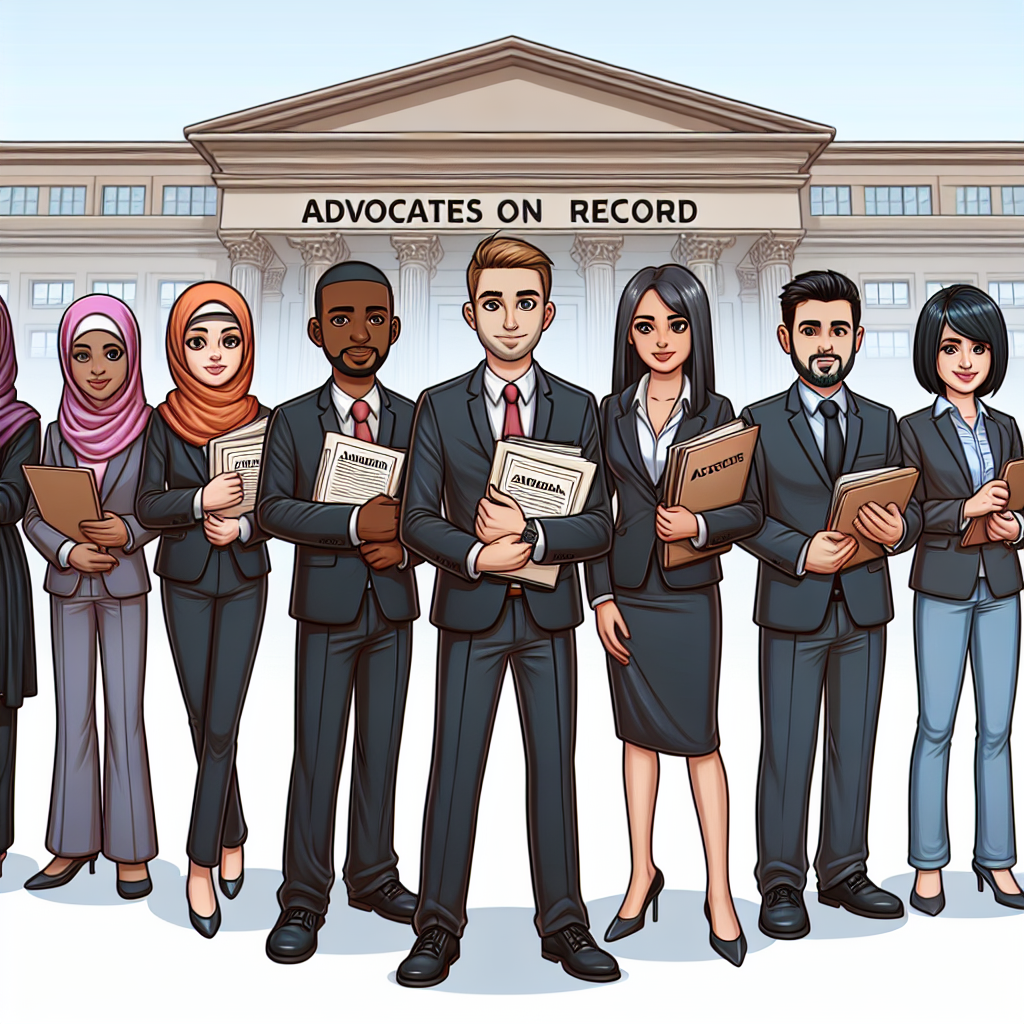Supreme Court Session: Examination of Presidential Powers and Legal Controversies
The U.S. Supreme Court's new term tackles cases regarding presidential powers, with Donald Trump testing federal limits. Key cases include Trump's efforts on tariffs and dismissal of officials, Ghislaine Maxwell's appeal rejection, gun rights, and various culture war issues. The court's conservative majority impacts significant rulings.

The U.S. Supreme Court commenced its new term with pivotal cases focusing on presidential powers under the U.S. Constitution, as Donald Trump explores the boundaries of his authority. The court notably dismissed a high-profile appeal by Ghislaine Maxwell related to Jeffrey Epstein's sexual abuse crimes.
In Monday's first case, the court deliberated if a Texas judge infringed David Villarreal's Sixth Amendment rights during his murder trial. Another case questioned the federal requirement of state affidavits from medical experts for malpractice lawsuits. These cases form part of a broader narrative touching on hot-button issues, including transgender rights and gun laws.
Conservative influence dominates the court's decisions, which include backing Trump's policies on birthright citizenship and examining legalities surrounding his tariffs and personnel decisions. As cultural and legal debates intensify, the court's role in determining presidential authority and addressing prominent societal issues remains crucial this term.
(With inputs from agencies.)










